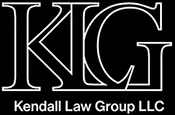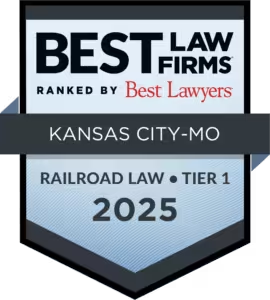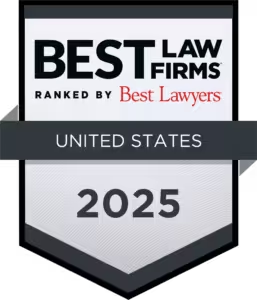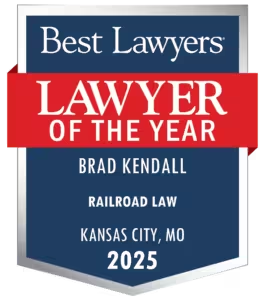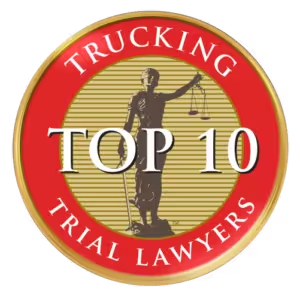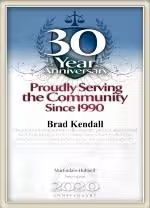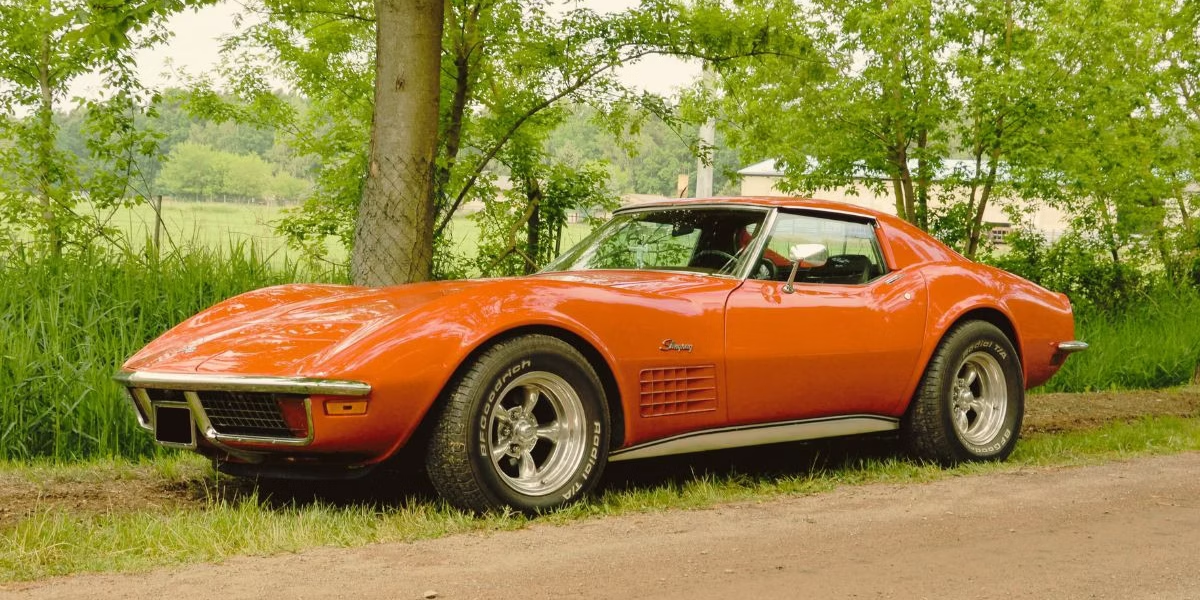
Facts Kansas City Car Enthusiasts Must Know About Property Damage Claims
Understanding Property Damage Claims After a Collision
In the Kansas City community of car enthusiasts, an automobile often represents more than simple transportation. It reflects time, skill, financial commitment, and identity. Whether the vehicle is a vintage muscle car, a custom-tuned import, or a performance-modified daily driver, the impact of an accident can be both personal and financial.
In both Kansas and Missouri, drivers may file a property damage claim to recover the cost of repairing or replacing their vehicles, as well as any personal property affected in the collision. These claims are typically processed through the at-fault driver’s insurance provider. In situations where fault is unclear or disputed, a driver’s own collision or comprehensive coverage may provide temporary assistance.
Understanding how these claims function is essential to preserving the value of a vehicle that represents more than just its market price.
Key Elements Covered in Property Damage Claims
Property damage claims encompass more than visible damage. A comprehensive claim may include:
- Repair Costs or Replacement Value: Based on current market estimates from certified repair facilities.
- Rental Vehicle Costs: Compensation while your vehicle remains under repair.
- Towing and Storage Fees: Coverage when your vehicle requires transport or temporary holding.
- Personal Property Damage: Coverage for items inside the vehicle, such as electronics or tools.
When repair costs exceed a certain percentage of the vehicle’s value, insurance companies may determine if the vehicle is a total loss and offer a cash payout in place of repair coverage.
Actual Cash Value Versus the True Value of Your Vehicle
Many car enthusiasts discover that insurers do not account for the full investment in their vehicles. Insurance companies typically calculate losses based on Actual Cash Value (ACV) a figure determined by the insurer that reflects the vehicle’s market value after depreciation.
This method rarely accounts for enhancements, restorations, or rare components. For example, a carefully restored 1968 Camaro with a modern engine swap may be valued the same as an unrestored model from the same year—unless the owner has secured appropriate documentation and insurance coverage.
Vehicle Valuation Standards in Kansas and Missouri
Both Kansas and Missouri impose specific thresholds that determine when a vehicle qualifies as a total loss:
- Kansas: If repair costs exceed 75 percent of the vehicle’s ACV, it may be declared a total loss.
- Missouri: The total loss threshold is typically set at 80 percent.
In either state, insurers must use current market conditions to assess value. However, traditional valuation tools often overlook the unique market for collector and enthusiast vehicles, especially those that are garage-kept, low-mileage, or highly modified.
Factory-Installed Versus Aftermarket Parts in Claims
Owners of modified vehicles should understand how insurance policies treat non-standard components. In general:
- Standard Auto Policies cover only factory-installed equipment.
- Aftermarket and Performance Parts require specific documentation and must be declared on your policy.
Failure to list custom components may result in denied coverage for these items, leaving the owner to absorb the cost of replacement or repair.
Insuring Modifications and Custom Equipment
Car enthusiasts should take proactive steps to ensure their investment is protected. This includes:
- Adding Custom Equipment Endorsement to their insurance policy.
- Saving Receipts for Parts and Labor related to modifications.
- Taking Photographs of completed upgrades.
- Obtaining Periodic Appraisals to reflect current vehicle value.
These records are essential for substantiating claims and negotiating with insurers who may not recognize the full value of custom work.
Special Coverage for Classic and Collector Vehicles
Owners of rare or vintage vehicles should consider insurance options designed for collector cars. These include:
- Agreed Value Coverage: The vehicle owner and insurer agree on a payout amount in advance, which eliminates post-accident depreciation disputes.
- Stated Value Coverage: The owner declares a value, but the insurer retains the right to depreciate that amount at the time of loss.
These options offer greater protection than standard ACV policies. Enthusiasts should review their policies annually, especially after significant upgrades or restorations.
Diminished Value Claims in Kansas and Missouri
Even after repairs, a vehicle that has been in an accident may carry a negative history of accidents in the resale market. This loss in value, known as diminished value, can be substantial for performance, collector, or low-mileage vehicles.
In Kansas and Missouri, drivers may submit a claim for this reduction in value if their vehicle meets certain criteria:
- High-performance or exotic classification
- Limited production or rare models
- Late-model vehicles with low mileage
- Sale or resale within enthusiast markets
To pursue this type of claim, drivers should gather pre-accident documentation and obtain a professional post-repair appraisal. Legal guidance may also support a more successful outcome.
Action Steps Following a Collision Involving a Modified Vehicle
After an accident involving a specialty or modified vehicle, it is important to act quickly and deliberately:
- Contact Law Enforcement and file an official report.
- Photograph the Scene, including visible damage and any vehicle modifications.
- Notify Your Insurance Provider immediately.
- Collect and Organize Documentation, including receipts, photos, and records of custom work.
- Seek an Independent Estimate from a specialty repair shop.
- Initiate a Diminished Value Claim when applicable.
Choosing a Repair Shop for a Specialty Vehicle
In both Kansas and Missouri, drivers have the right to select their own repair facility. This choice is important for ensuring proper repair and valuation.
When selecting a shop, consider:
- Experience with performance or collector vehicles
- Use of OEM or equivalent-quality parts
- Willingness to provide detailed, itemized repair estimates
Repair shops that regularly work with enthusiast vehicles are better equipped to advocate for accurate repair costs and correct part replacements.
Common Insurance Company Tactics and How to Prepare
Insurance companies may attempt to minimize payouts using several common tactics:
- Denying claims for aftermarket parts
- Using non-OEM or generic replacement parts
- Ignoring appraisals from qualified vehicle appraisers
- Offering diminished value settlements that do not reflect real market loss
Vehicle owners should counter these actions through thorough documentation, detailed estimates, and, when necessary, legal support.
When to Involve a Lawyer in Property Damage Disputes
Not every fender bender requires legal representation. However, if a property damage claim involves a collector or specialty vehicle, or if that claim affects a related personal injury case, it may be time to involve an attorney.
Consider seeking legal support if:
- You receive a low valuation for a totaled vehicle
- Your insurer refuses to cover modifications
- You need to file a diminished value claim
- Your property damage affects your overall injury claim
Kendall Law Group: Supporting Car Enthusiasts Beyond the Injury
At Kendall Law Group, our primary focus is personal injury law. However, we understand how property damage issues impact the physical and financial recovery process for many of our clients, particularly car enthusiasts.
Our attorneys routinely assist injury clients with related vehicle damage matters, including:
- Negotiating undervalued vehicle settlements
- Addressing diminished value concerns
- Helping resolve delays caused by ongoing repair assessments
We remain committed to helping our clients pursue full and fair recovery, both for their injuries and for the value of what their vehicle represents.
Frequently Asked Questions
Can I claim aftermarket parts without listing them on my insurance policy?
No. Only declared and documented parts are eligible for coverage under most standard auto policies.
What is the difference between agreed value and stated value coverage?
Agreed value guarantees a set payout amount, while stated value allows the insurer to reduce the payout through depreciation.
How can I prove diminished value?
By providing pre-accident appraisals, repair records, and post-repair market comparisons.
What if my car is totaled and I owe more than it is worth?
GAP insurance will cover the difference between your loan balance and the insurance settlement.
Do I have to use the shop recommended by my insurance company?
No. You have the legal right to choose your own repair facility in both Kansas and Missouri.
Will Kendall Law Group handle a property damage claim by itself?
No. While we do not take standalone property damage cases, we assist personal injury clients with property damage issues as part of our comprehensive representation.
Final Thoughts: Protect the Value of Your Vehicle and Your Recovery
Car enthusiasts invest more money in their vehicles, they invest time, pride, and identity. When an accident occurs, knowing your rights and responsibilities can help you protect that investment. Proper coverage, careful documentation, and legal support can make the difference between an underpaid claim and a proper resolution.
If you have sustained serious injuries in an accident and your vehicle has been damaged, contact Kendall Law Group today. Our skilled, knowledgeable and aggressive Kansas City auto accident injury trial attorneys will help you navigate the legal process and ensure your recovery, both personal and financial, is not compromised by an undervalued vehicle claim.
Additional Resources
WHAT TO DO AFTER AN AUTO ACCIDENT
Who’s At Fault (And Why It Matters)
Auto Accident Delayed Injury Onset
The Impact of Delayed & Gapped Treatment in Missouri & Kansas Car Accident Injury Claims
Understanding Your Medical Bills After a Personal Injury
Navigating Medical Payment Coverage (MedPay) in Kansas and Missouri
Kansas Personal Injury Protection (PIP) Coverage Explained
Navigating Injury Claims After a Car Accident TBI
The Importance of Sleep and Specialized Care Post Kansas City Auto Accident
